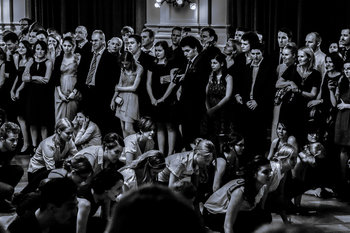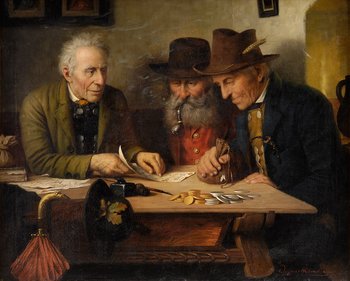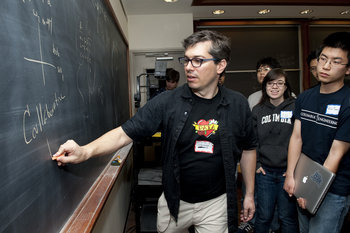
False Balance
Presenting two sides of an issue as if they are balanced when in fact one side is an extreme point of view. For example, presenting a scientific theory as being contentious when more than 99% of scientists studying the topic accept it as being true and only a distant and non-authoritative few dispute it.Wronger Than Wrong
Wronger than wrong is the suggestion that a minor wrong is equivalent to a major wrong. This was proposed by writer Isaac Asimov as follows "When people thought the Earth was flat, they were wrong. When people thought the Earth was spherical, they were wrong. But if you think that thinking the Earth is spherical is just as wrong as thinking the Earth is flat, then your view is wronger than both of them put together."Fallacy Fallacy
Assuming a conclusion is wrong because a particular argument for it is a fallacy. In other words, falsely equating the conclusion and the argument.Fallacy of Composition
Falsely equating an entity and its parts. For example:Computers don't make mistakesBanks use computers for everythingTherefore, banks don't make mistakesFalse Dichotomy
The false assertion that two things are opposites. For example, "either you agree with our ideology or you are against equality."False Analogy
An analogy that is misleading. For example, "business is like war either you win or you lose". This neglects the fact that most business is based on value creation that is arguably win-win and non-destructive.Apples & Oranges
Comparing two things using unfair criteria. For example, comparing humans and a smart phone by how many math problems they can solve in a second to suggest the phone is smarter when the human mind processes several million times more information in a second.Whataboutism
Suggesting that two wrongs equal a right. For example, suggesting that a particular CEO can mislead shareholders because some other CEO mislead shareholders even more.| Overview: False Equivalence | ||
Type | ||
Definition | An argument that two things are much the same when in fact they are not. | |
Related Concepts | ||


























